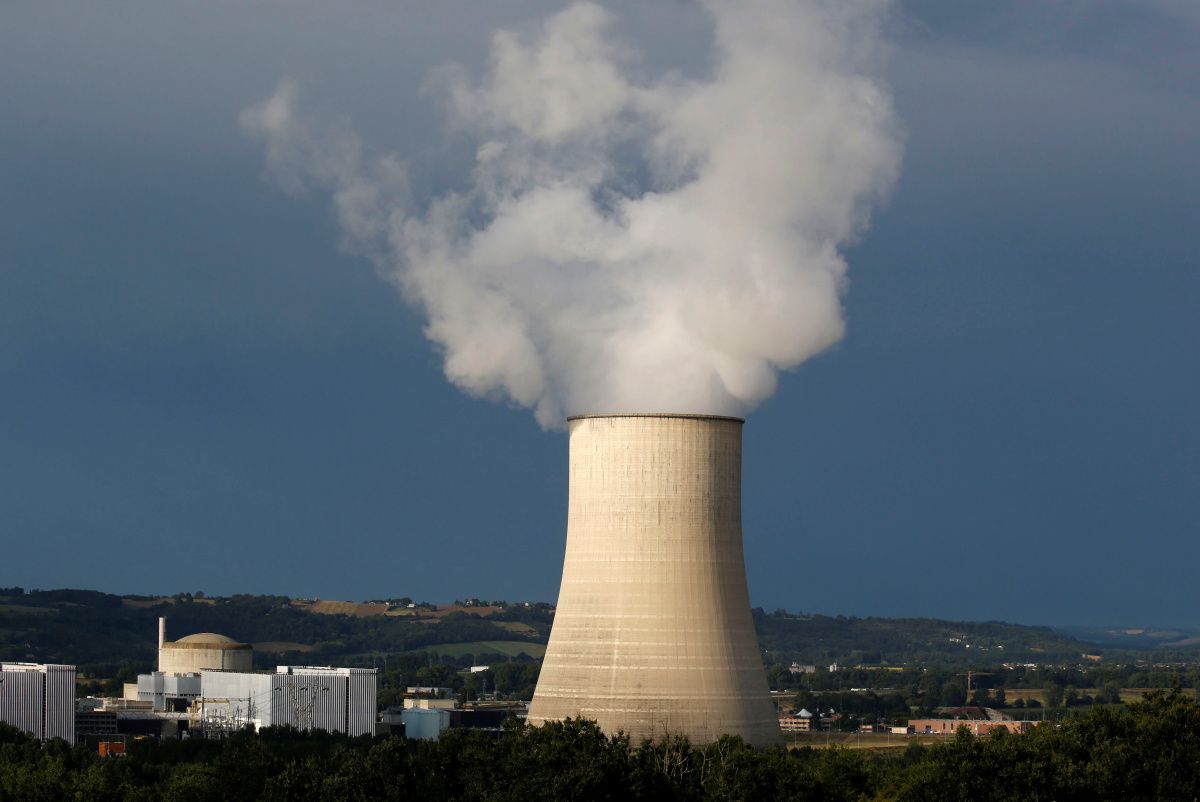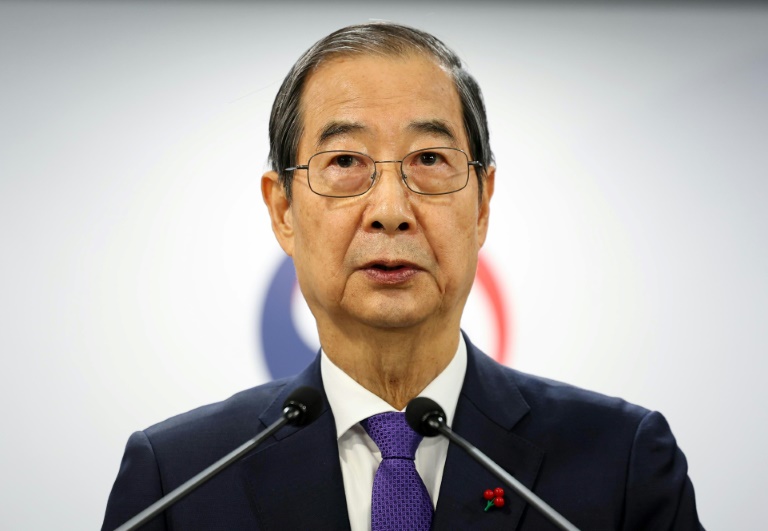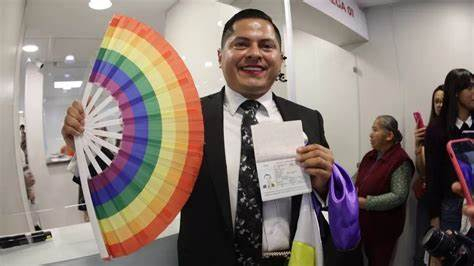The U.S. will sign a pledge to triple the world’s nuclear energy capacity by 2050 at next month’s COP 28, the UN’s flagship annual international climate change conference, marking one of the most high-profile international commitments to nuclear energy in the 21st century.
The U.S. delegation will join representatives from the U.K., France, Sweden, Finland and South Korea in calling on the World Bank and other international lenders to expand their renewable energy lending criteria to include nuclear energy, as “people familiar with the matter” told Bloomberg on Tuesday. The pledge will be accompanied by a similar commitment from the nuclear energy industry to triple their resources for power generation over that timeframe.
Nuclear energy has a “key role…in achieving global net-zero greenhouse gas emissions/carbon neutrality by or around mid-century,” a draft of the six-country declaration reportedly reads. “Nuclear energy is already the second-largest source of clean dispatchable baseload power, with benefits for energy security.”
The declaration will reportedly be signed on Dec. 1, the second day of the international conference in Dubai.
A New Nuclear Age In The West?
The pending commitment to triple nuclear power capacity adds to growing momentum in relatively developed, democratic nations to expand the use of nuclear energy.
The U.K. enacted legislation in October to quadruple its nuclear energy capacity by 2050; Poland and Bulgaria each finalized plans to open new nuclear reactors in September and October, respectively.
Nuclear energy may be non-renewable, as it relies on the mining of finite sources of radioactive rare earth elements, but it is ‘green’. The carbon emissions per unit of electricity generated from nuclear energy are only 3-10% that of gas-powered generators; nuclear energy has even a lower average carbon footprint than hydroelectric power, according to the International Hydropower Association.
“We can’t get to net zero [by] 2050 unless we have a mixture of energy approaches in the new energy economy. And one of those elements which is essential in all the modeling I’ve seen, is nuclear,” U.S. Special Presidential Envoy for Climate John Kerry said in September at an energy forum hosted by the Atlantic Council. “Nuclear energy is clean energy.”
Not all leading western countries are entirely backing the recent resurgence of nuclear power.
Germany is notably missing from the list of countries pledging to triple nuclear capacity. The country has actively shunned nuclear power in recent years—in April, it decommissioned its final nuclear reactors, a move that enhanced its reliance on coal-fired power plants, critics said.
Japan also has not signed on to the pledge to triple nuclear energy capacity; the country is still in the process of decontaminating the site of the Fukushima nuclear disaster in 2011. But even Japanese policymakers have recently changed their tune regarding nuclear energy, reversing plans to phase out existing power plants in December 2022 and pledging to generate 20% of the nation’s electricity from nuclear sources by 2030.
The nuclear power pledge is not a binding commitment on behalf of any parties, although three of the World Bank’s top eight voting members are reportedly signatories to the declaration. The U.S. is the World Bank’s largest annual contributor.
Ultimately, the pending declaration at COP 28 demonstrates that momentum behind the idea of using nuclear energy as a quick and effective means of decarbonization continues to grow in the West.







